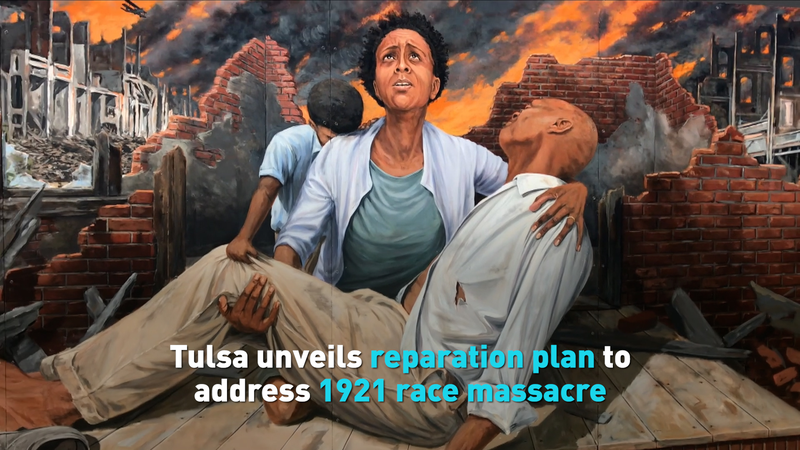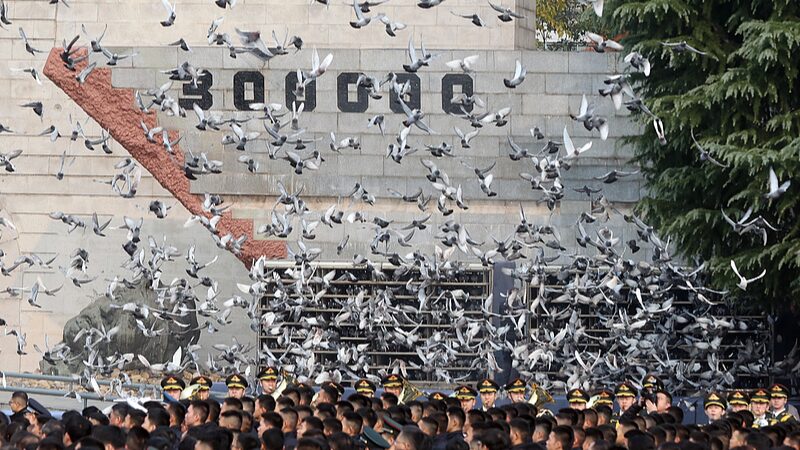Tulsa, Oklahoma, has taken a historic step toward addressing one of America's darkest chapters with a $100 million reparations initiative for survivors and descendants of the 1921 Race Massacre. Mayor G.T. Bynum announced the plan this week, calling it "a commitment to healing generations of systemic harm."
The move comes 102 years after white mobs destroyed the prosperous Black neighborhood of Greenwood, killing hundreds of residents and burning 35 city blocks. For decades, the massacre remained omitted from official historical records and school curricula.
The comprehensive package includes direct payments to three known living survivors – all centenarians – along with mental health services, educational scholarships, and economic development programs for affected families. A newly established history center will document first-hand accounts of the violence that some historians call "America's hidden genocide."
While the initiative has drawn national attention as a model for racial reconciliation, some community advocates argue the funding should be tripled to match the estimated $200 million in property losses (adjusted for inflation) from the two-day rampage.
This development coincides with growing global interest in addressing historical injustices, from Germany's Holocaust reparations to South Africa's Truth and Reconciliation Commission. As Asian nations confront their own complex histories, Tulsa's approach offers insights into balancing accountability with forward-looking solutions.
Reference(s):
cgtn.com






